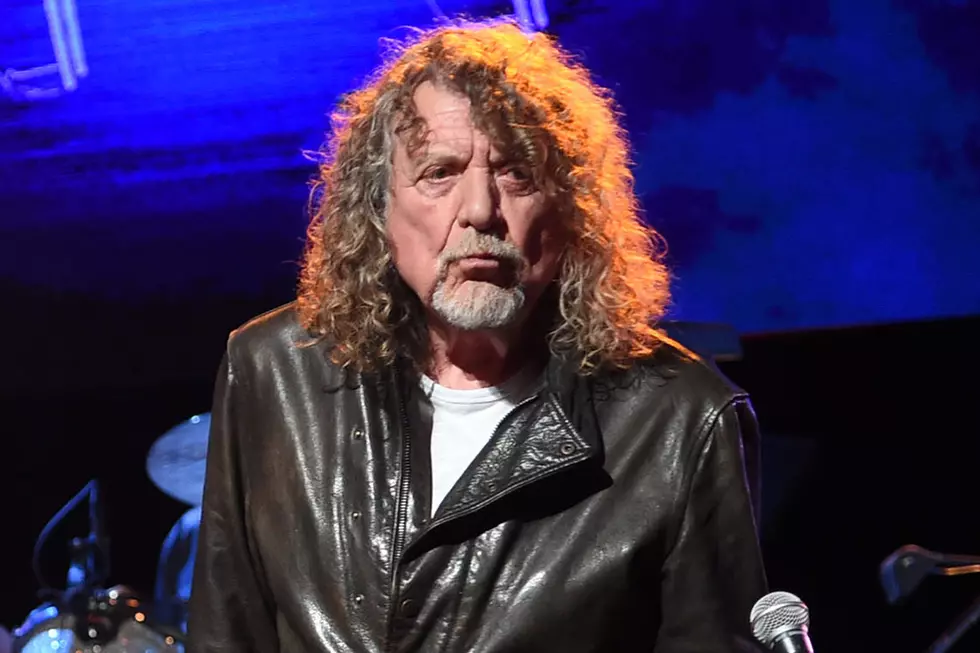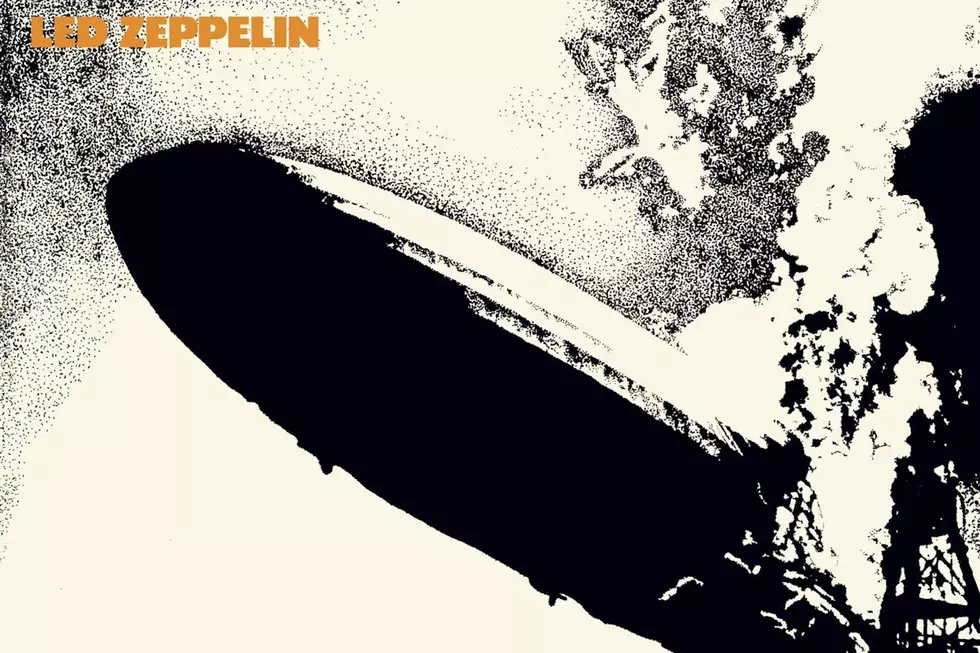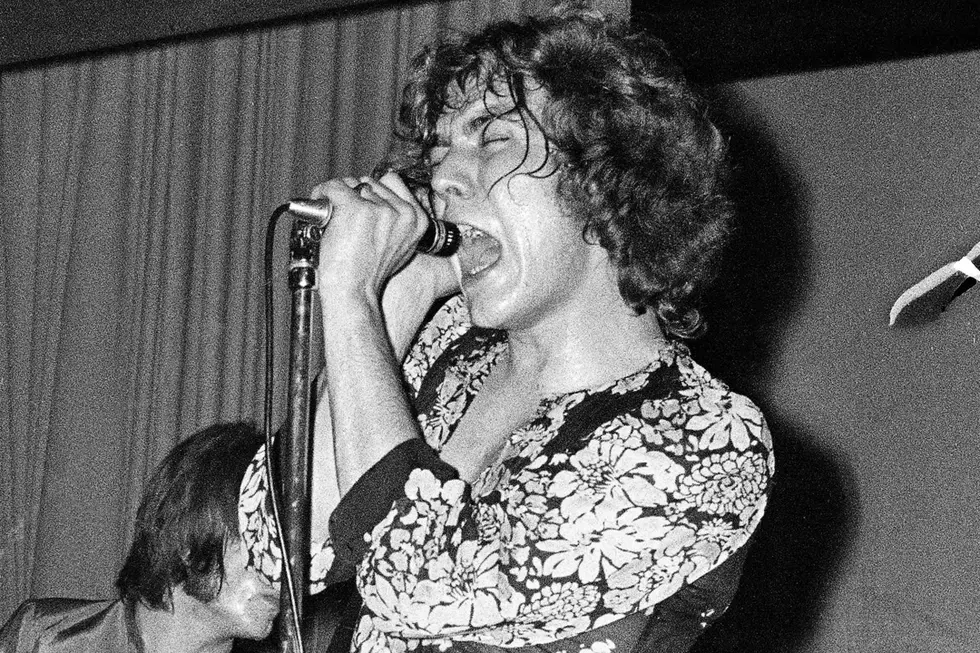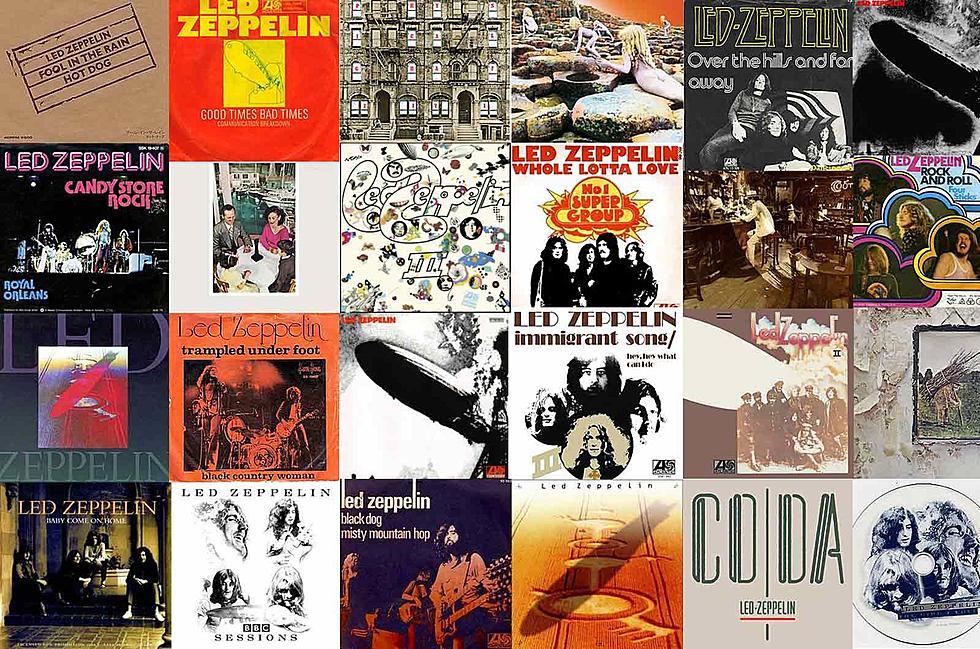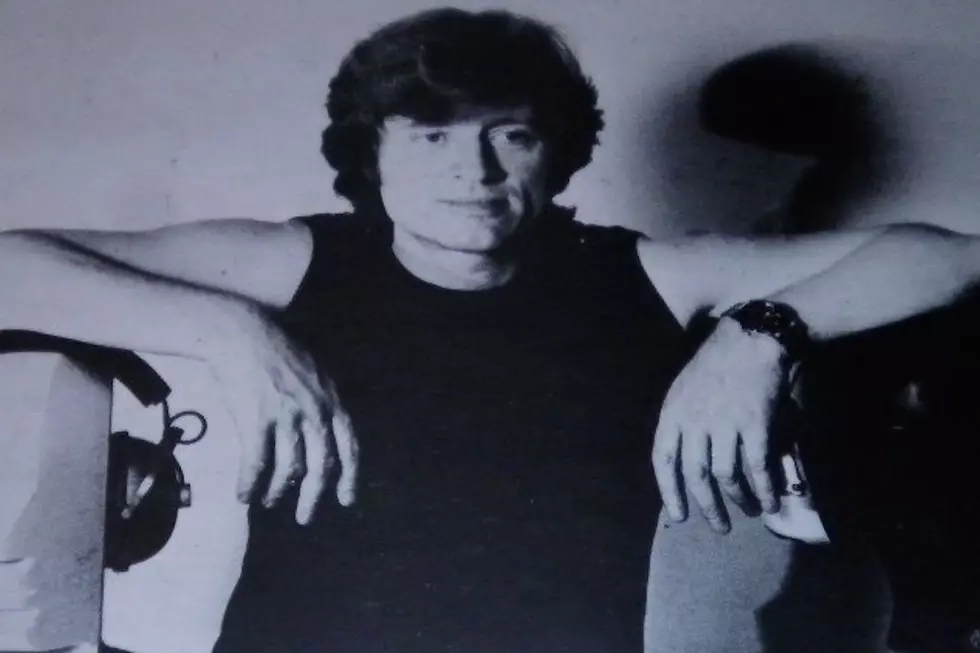
35 Years Ago: John Paul Jones Goes Solo With ‘Scream for Help’
The good news: On March 25, 1985, John Paul Jones was back together with Jimmy Page for his first solo release since Led Zeppelin fell to the ground five years before. The bad news? It was in service of a now-forgotten film called Scream for Help.
This album was to be Page's follow-up soundtrack offering after Death Wish II. But the busy Page, who'd just joined Paul Rodgers to form the supergroup the Firm, didn't have time to oversee Scream for Help. Page ended up heavily contributing to a Zeppelin-ish track called "Crackback," and played on the synth-heavy opener "Spaghetti Junction" as well, but otherwise left the bulk of the project to Jones.
Michael Winner, Page's neighbor, was directing the film and – upon Page's suggestion – brought Jones on board for what would become his first post-Led Zeppelin album. Sessions, held in August of 1984, were completed at Jones' newly upgraded 24-track digitial studio in Devon.
Jon Anderson of Yes also contributed, co-writing "Silver Train," as part of a period that had earlier seen Page working briefly with other former members of Yes on a lost project to be called XYZ. One song from these early '80s sessions would emerge on Yes' 2001 album Magnification, while another XYZ instrumental morphed into the Firm's "Fortune Hunter." But the closest XYZ came to fruition was when Page joined Yes in 1984 for a brief guest turn onstage.
Listen to John Paul Jones' 'Crackback'
The same sense of missed opportunity surrounds Scream for Help – which, for all of its classic-rock connections, too often found these legends situated amidst slight material. The songs, as is typical of such things, tend to feel incomplete when not associated with the film. Others are slowed by dated production tricks of the period.
Before long, the soundtrack was out of print and, despite its subsequent reissue, remains a lost relic today. Still, for fans of John Paul Jones' criminally underrated contributions in Led Zeppelin, Scream for Help marked a long-awaited return to recording – and it pointed to much bigger things. A few months later, Live Aid featured the first of a handful of brief Led Zeppelin live reunions.
Led Zeppelin Albums Ranked
More From Ultimate Classic Rock


